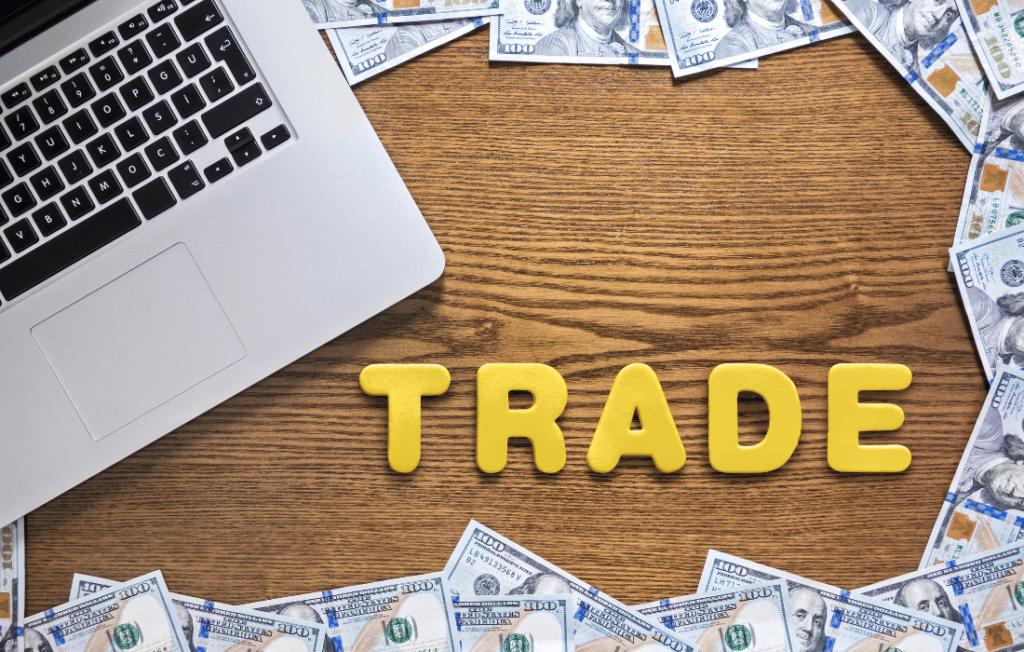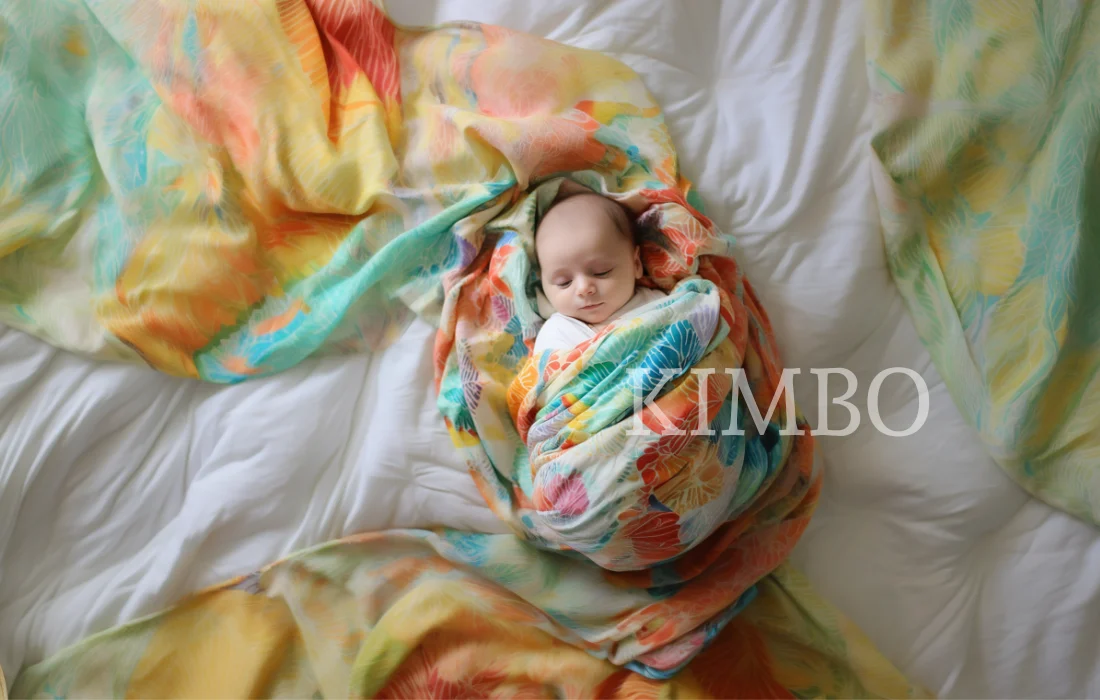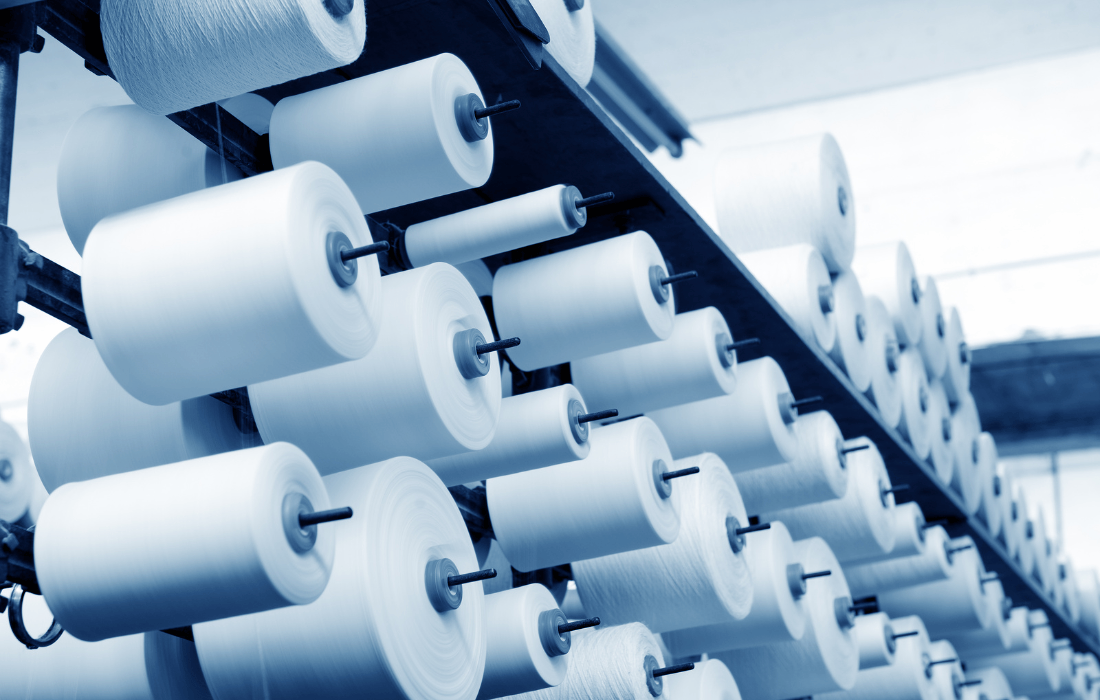8 Essential Trade Terms for Dealing with Baby Products Manufacturers Globally
- Update 08/04/2023

Procuring baby products on an international level requires a grasp of multiple factors, with trade terms, or Incoterms, topping the list. These internationally acknowledged terms elucidate the responsibilities, risks, and costs shared between the buyer and the baby products manufacturer during international trade.
目录
8 Essential Trade Terms
Here are eight fundamental trade terms you should be familiar with when dealing with baby products manufacturers:
FOB (Free On Board):
In FOB transactions, baby products manufacturers are responsible for delivering the goods on board the ship. The risk transfers to the buyer once the goods pass the ship’s rail, making FOB a frequent choice for sea freight in the baby products industry.
CIF (Cost, Insurance, and Freight):
In CIF agreements, baby products manufacturers cover the cost, insurance, and freight to transport the goods to a specified port. Although risk transfers to the buyer once the goods are onboard, manufacturers maintain the insurance policy until the products reach the destination port.
CFR (Cost and Freight):
CFR is akin to CIF but excludes insurance. Manufacturers of baby products manage the cost and freight to ship the goods to the destination port. The risk shifts to the buyer once the products are on board.
EXW (Ex Works):
An EXW agreement dictates that manufacturers’ responsibility concludes once the baby products are ready for pick-up at their premises. The buyer assumes all risk and costs from that point, making EXW one of the least burdensome terms for manufacturers.
DDP (Delivered Duty Paid):
When a DDP agreement is in place, manufacturers shoulder all the responsibilities, risks, and costs, including duties and taxes, to deliver the goods to the buyer’s location. This term is preferred for B2C cross-border e-commerce in the baby products market, offering a hassle-free experience for buyers.
DDU (Delivered Duty Unpaid):
In DDU agreements, baby products manufacturers manage all costs and risks to deliver the goods to a specific location, but the buyer is responsible for import duties and taxes. This term is regularly used in cross-border e-commerce for baby products.
DAP (Delivered at Place):
Under DAP, manufacturers take on all risks and costs to deliver the goods to a specified place, excluding duties and taxes. This term applies to any mode of transport for baby products.
CPT (Carriage Paid To):
In CPT, manufacturers cover the freight to the destination, but the risk transfers to the buyer once the baby products are given to the first carrier.
Understanding and deftly negotiating these trade terms with baby products manufacturers is crucial for developing a cost-effective and risk-minimized supply chain strategy. For procurers of baby products dealing with international manufacturers, proficiency in these terms can enhance negotiations and contractual agreements.
Conclusion
In conclusion, trade terms play a vital role in international procurement, especially in the baby products industry. These terms provide a clear roadmap for engagement between buyers and manufacturers, alleviating uncertainties and potential disputes. A thorough understanding of these terms will empower you to forge robust strategies and establish fruitful relationships with your manufacturers, driving your business forward in the global baby products market.






